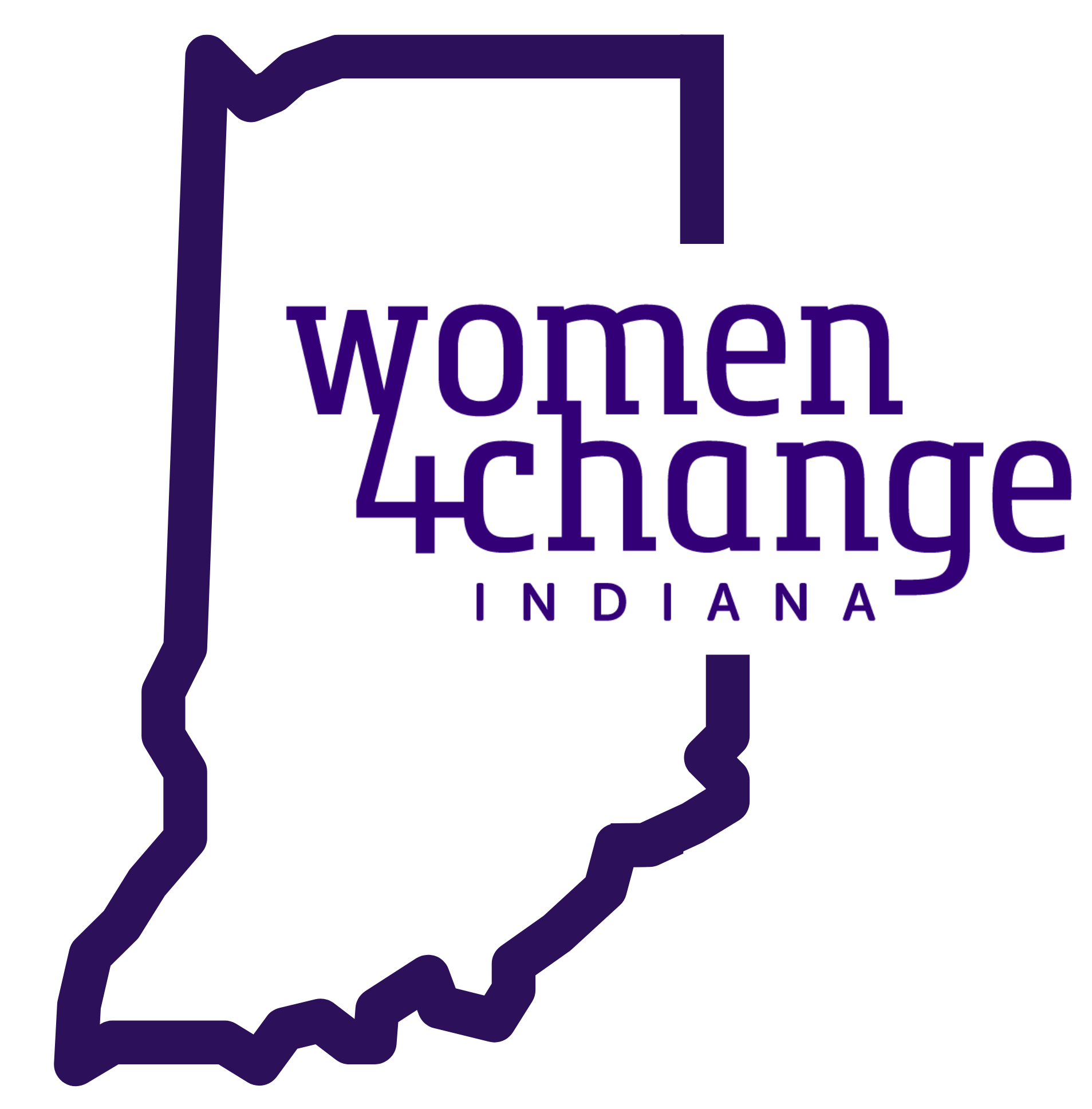Indiana Voted Best For...
By: Brooke Paganelli
Indianapolis has been ranked one of the top 100 happiest cities in America. It’s been named one of the hottest food cities. Indiana was ranked 7th best state for opportunities to succeed. But Indiana also ranks 40th in the nation for women’s equality. Indiana ranks 44th in the nation for equal pay for women. Indiana has been ranked one of the worst states to live in as a woman.
In 2020, the national average wage gap was 84 cents for every dollar earned. In Indiana, it was 72 cents for every dollar earned. This is a difference of more than ten cents to the dollar from the national average, and a difference of almost 20 cents to the dollar from the top ranked state in the country for equal pay. The COVID-19 pandemic set progress on the gender wage gap back approximately 36 years in the span of one. When schools and daycares closed, children and mothers alike returned home. The definition of what it meant to work changed for everyone, but it absolutely transmogrified for women. In 2020 alone, women around the world lost $800 billion in income due to a mass exit of the workforce. In America that same year, 2.4 million women left their jobs. Some women voluntarily quit, some were let go. This same year, a noticeably smaller 1.8 million men left the workforce. Consider that, before this staggering drop, 69.2% of all men and only 57.4% of all women were in the American workforce. The changes caused by COVID have led this already male - dominated aspect of society to increase in difference by measures unaccounted for. It will now take a projected 135.6 years to close the wage gap.
This is worse for women in Indiana than it is for women in other states. Since our wage gap was already broader, the idea that it will now take more time to close is incredibly discouraging. The rate of COVID cases per day in Indiana has never been higher than it is now. Despite this, traditional and sometimes outdated responsibilities often asked of women still stand. In America, women are still expected to manage a family, a romantic relationship, a job, a personal and social life, and maintain their own physical and mental well-being, all through the worst medical phenomenon of the past 100 years. A phenomenon that is, in turn, hurting these women.
So what can we do? First, you should always be discussing your wages with your coworkers. It is completely legal to discuss wages, and to ask for a raise if you notice a male counterpart being paid more than you for the same job. If you are an employer, consider implicit bias as a factor you might not be aware of when you determine pay. Invest in reskilling, or the practice of mid-career training that prepares people for promotions and managerial positions they may not be ready for yet. This alone will open so many doors to unbiased and diverse hiring and promotion practices. Spreading awareness is also an incredibly important aspect of creating change. Sharing links, citing statistics, and getting people informed about the problem at hand is of immeasurable worth to helping people affected by unequal pay.
There are people in your life who are affected by this. Mothers, sisters, friends. The advancement of society relies on all people, including women. If we continue to restrict access to equal pay, we will continue to stifle progress unnecessarily. Progress that could lead to things such as normalcy, health, the greater success of men. The wage gap suppresses these outcomes by oppressing the inventors. Women are just as capable, just as determined, just as ready to change the world. The closing of the wage gap could enable this by freeing women of the burden of a lack of time, finances, childcare, and many other obstacles. If we were to build this world together, the outcome could be astonishing.
